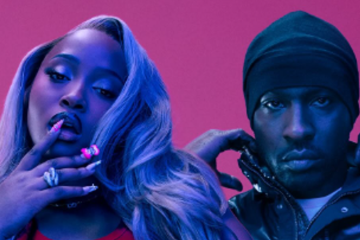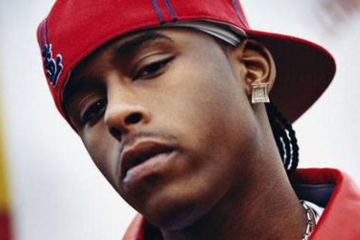
New Book Exposes Spotify's Ghost Artist Industry and Playlist Manipulation
Spotify's "ghost artists" phenomenon is gaining renewed attention with an upcoming book, "Mood Machine: The Rise of Spotify and the Costs of the Perfect Playlist," set to release on January 7th. The 288-page work by Liz Pelly investigates the platform's relationship with companies creating artificial artist profiles and their prominence on Spotify-curated playlists.

Black and white guitarist performing
The book reveals Spotify's "Perfect Fit Content" (PFC) program, an internal system involving partnerships with production companies to seed lower-cost tracks across platform playlists. This practice diverts royalties and promotional opportunities from legitimate artists, particularly affecting independent and unsigned musicians.
Key findings from the investigation include:
- Over 650 artist profiles and 15 billion cumulative streams traced to Swedish artist Johan Röhr
- At least a dozen PFC providers beyond the well-known Firefly Entertainment and Epidemic Sound
- Internal Spotify records showing deliberate placement of PFC tracks on high-profile playlists
- Employee interviews revealing initial pushback against the PFC model
- Evidence of specialized editors hired to implement the PFC strategy
Recent developments surrounding fake artists on Spotify include:
- A $10 million royalty heist indictment in the US
- A Danish trial investigating alleged fake stream operations
- Swedish media investigations uncovering connections between streaming fraud and money laundering
While Spotify maintains it doesn't promise playlist placement in licensing agreements, the UK's CMA investigation found that certain licensing deals require playlist representation proportional to overall streaming share.
The issue may worsen with AI potentially replacing human ghost artists, further challenging legitimate musicians who already face scrutiny under Spotify's new royalty model.

Musicians performing in neon lighting

Man in red cap, recording studio